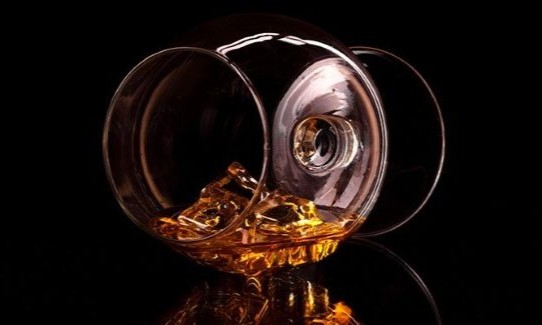



Summary
If you find yourself drinking more than you’d like, Dry January can empower you to hit the pause button and reassess.
As the new year begins, many of us reflect on the months behind us and set intentions for the year ahead. January offers a fresh start.
What is Dry January?
Dry January is a month-long commitment to abstaining from alcohol. But it’s more than just a break from alcohol — it’s a chance to reset, reflect and renew.
It’s an opportunity to check in with yourself after a holiday season filled with indulgence and tradition. It’s a moment to take a hard look at habits that may be affecting your health and well-being. And perhaps most importantly, it’s a chance to reduce the stigma surrounding addiction and see it for what it is — a treatable disease.
Tips for Success in Dry January
- Set clear intentions. Think about why you’re participating. Whether it’s for better health, mental clarity or to gain perspective on your relationship with alcohol, knowing your “why” will keep you motivated.
- Track your progress. Keep a journal or use an app to track how you’re feeling. You may notice changes in your sleep, mood and energy levels that will reinforce your commitment.
- Find support. Connect with friends or family who are also participating in Dry January. You don’t have to do it alone. Support groups or online communities can also offer motivation and accountability.
- Find new ways to celebrate. If you’ve always used alcohol to celebrate or unwind, explore new activities like meditation, yoga or a hobby you’ve always wanted to try. Find joy in the moments without relying on alcohol.
- Be kind to yourself. Dry January doesn’t have to be about perfection. If you slip up, don’t be discouraged. Use it as an opportunity to learn more about your relationship with alcohol and try again.
Why is Dry January important?
Taking a break from alcohol offers many benefits. Beyond physical health — such as improved liver function, better sleep and weight loss — there are also mental health benefits. Many people find that after a month of sobriety, their mood improves, anxiety decreases and mental clarity increases.
But there is also a deeper, more personal aspect to Dry January: the opportunity to address unhealthy patterns and compulsions.
Addiction, whether to alcohol or other substances, is a disease. It is not a moral failing or a lack of willpower. We recognize that addiction is a chronic condition that affects millions of people, but it is also treatable.
We believe that addiction should be viewed through the lens of empathy, not judgment. Many people struggling with addiction have experienced trauma, mental health struggles or difficult life circumstances that have contributed to their dependency.
It’s important to reduce the stigma surrounding addiction and create a culture where people feel safe to seek help when they need it.
New Year, New You
If you have unhealthy habits or find yourself drinking more than you’d like, Dry January can empower you to hit the pause button and reassess. There is no shame in seeking support.
We help individuals struggling with addiction through outpatient counseling, group therapy and inpatient programs. Our team can help guide you toward a healthier, more balanced life.
Start the year with a fresh perspective. Embrace Dry January — your mind, body and future self will thank you.

